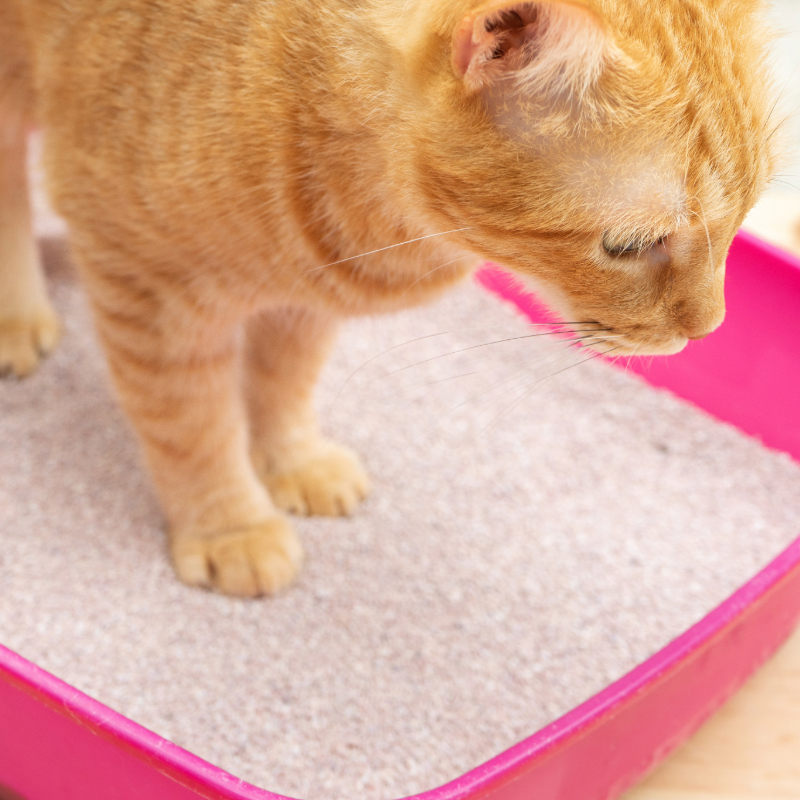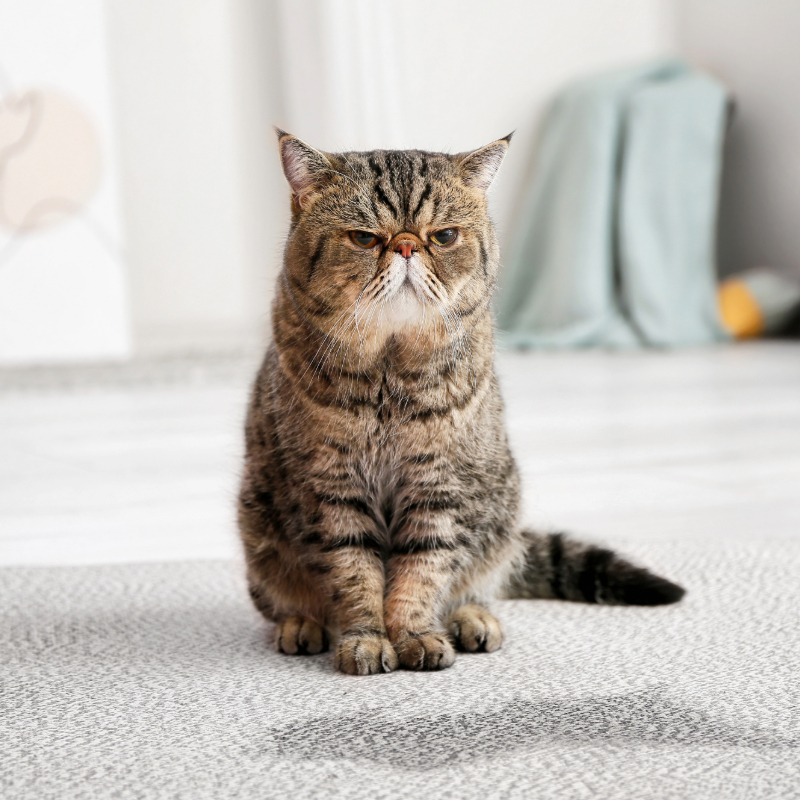If you’ve found yourself asking the perplexing question, “Why is my cat peeing around the house?” you’re not alone. Let’s delve into the potential reasons behind this behavior, exploring both medical and behavioral factors that could be contributing to your feline friend’s unusual bathroom habits.
Medical Issues: The first and most crucial step in addressing inappropriate urination is ruling out any underlying medical issues. Cats may pee outside the litter box due to conditions such as urinary tract infections, kidney problems, diabetes, or bladder stones. If your cat’s behavior has changed suddenly or is accompanied by other signs of illness, it’s crucial to consult with your veterinarian for a thorough examination.

- Litter Box Aversion: Cats are meticulous creatures, and if they’re not happy with their litter box situation, they may seek alternative places to relieve themselves. Potential reasons for litter box aversion include:
- Dirty or unappealing litter.
- Unpleasant location of the litter box.
- An insufficient number of litter boxes in multi-cat households.
- Stress or Anxiety: Cats are sensitive to changes in their environment, and stress or anxiety can manifest in inappropriate urination. Common stressors include:
- Changes in the household, such as moving or introducing new pets.
- Disruptions in their routine.
- Conflict with other pets in the home.
- Territorial Marking: Unneutered or unspayed cats may engage in territorial marking by urinating in various areas. This behavior is more common in unaltered males, but females may also exhibit marking behaviors.
- Medical Procedures or Trauma: Cats that have undergone recent medical procedures or experienced trauma may associate the litter box with pain or discomfort, leading them to avoid it.
- Aging and Cognitive Decline: Older cats, particularly those experiencing cognitive decline, may forget their litter box training or struggle to reach the box in time due to mobility issues.
 Addressing the Issue:
Addressing the Issue:
- Consult with a Veterinarian: If you notice any changes in your cat’s urination habits, consult with your veterinarian promptly to rule out potential medical issues.
- Evaluate the Litter Box Setup: Ensure that the litter box is clean, placed in a quiet and accessible location, and that you have enough litter boxes for the number of cats in your household.
- Identify and Address Stressors: Identify and address any environmental stressors or changes that may be affecting your cat’s behavior. Provide a calm and consistent routine.
- Behavioral Modification: Use positive reinforcement to reward your cat for using the litter box and consider implementing behavioral modification techniques.
- Veterinary Behaviorist Consultation: If the issue persists, consider consulting with a veterinary behaviorist for more in-depth insights into your cat’s behavior and tailored solutions.
